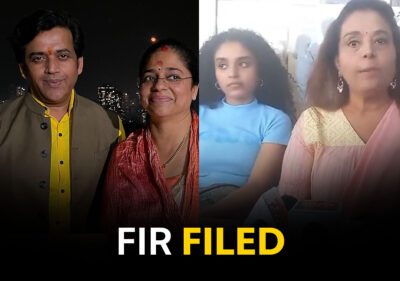
The Union Finance Minister spoke openly about crypto assets being akin to gambling winnings – not illegal and therefore subject to taxation. While both sectors remain grey areas in Indian legislation, market volumes and future prospects have finally driven the Centre to recognize them and consider a more consistent regulation.
Crypto Trade Unlikely to Get Ban at This Point
Digital entrepreneurs and online players met with mixed emotions the recent statements of the Finance Minister T.V. Somanathan when presenting the new annual budget plans. Along with preliminary plans for a digital rupee (to be launched by the RBI soon), the Minister said that crypto winnings will get imminent taxation similar to online gambling.
On one hand, the move will formally place a 30% levy on crypto trade earnings, making all virtual assets less profitable, ultimately dampening market growth. On the other hand, this signals a distinctive move away from earlier RBI plans to ban all cryptocurrencies and other digital assets. Such plans reveal government intentions of moving towards a clearer regulatory framework for the Union digital markets.
The announcement is also notable for comparing crypto to gambling winnings, a long-standing grey area yet never outlawed on a national scale. According to the minister’s vision, the new taxation on crypto assets will treat crypto trade like buying an online lottery ticket or going to the horse races. While losses will not be tax deductible, earnings will have to be reported, confirming in effect their legality.
Industry experts have called the new stance a “game changer”, as both sectors have struggled with regulatory uncertainty leading to less investor interest and market efficiency. Both gambling and crypto have no explicit nationwide bans but are rather delegated to State authorities for regulation.
Some local policymakers have banned or allowed online gaming and crypto trade according to customs, current political climate or perceived economic benefits. Yet the Centre’s plan to acknowledge and tax both operators and consumers sets these industries on the path to modern regulation, as is the case of most European and American markets.
Regulation Brings Public Revenues, Growth
Research papers addressing the online gaming and entertainment markets in India show that lottery remains a desi favorite, drawing the largest share of real-money players in the country. Tech and gaming startups have repeatedly evoked a more stable and uniform regulation of the online market but most states and online jurisdictions still leave the field to interpretation and overall confusion.
State-run lottery schemes are the main legal choice for most desi gamers, with online retail gaining ground in large areas of the country. The sheer market size and wide demographics suggest that online lotteries should be among the first niches to get regulated.
In the absence of a common approach, the lottery market struggles against international and online competitors, despite the fact that around half the nation allows or runs a legal State lottery version. Since regional policy makers have largely proven unable to set up a consistent legal framework, it is probably up to the Centre to promote the legal debate. Regulating the digital markets of the future can unleash their potential and help reap the social and economic benefits.




